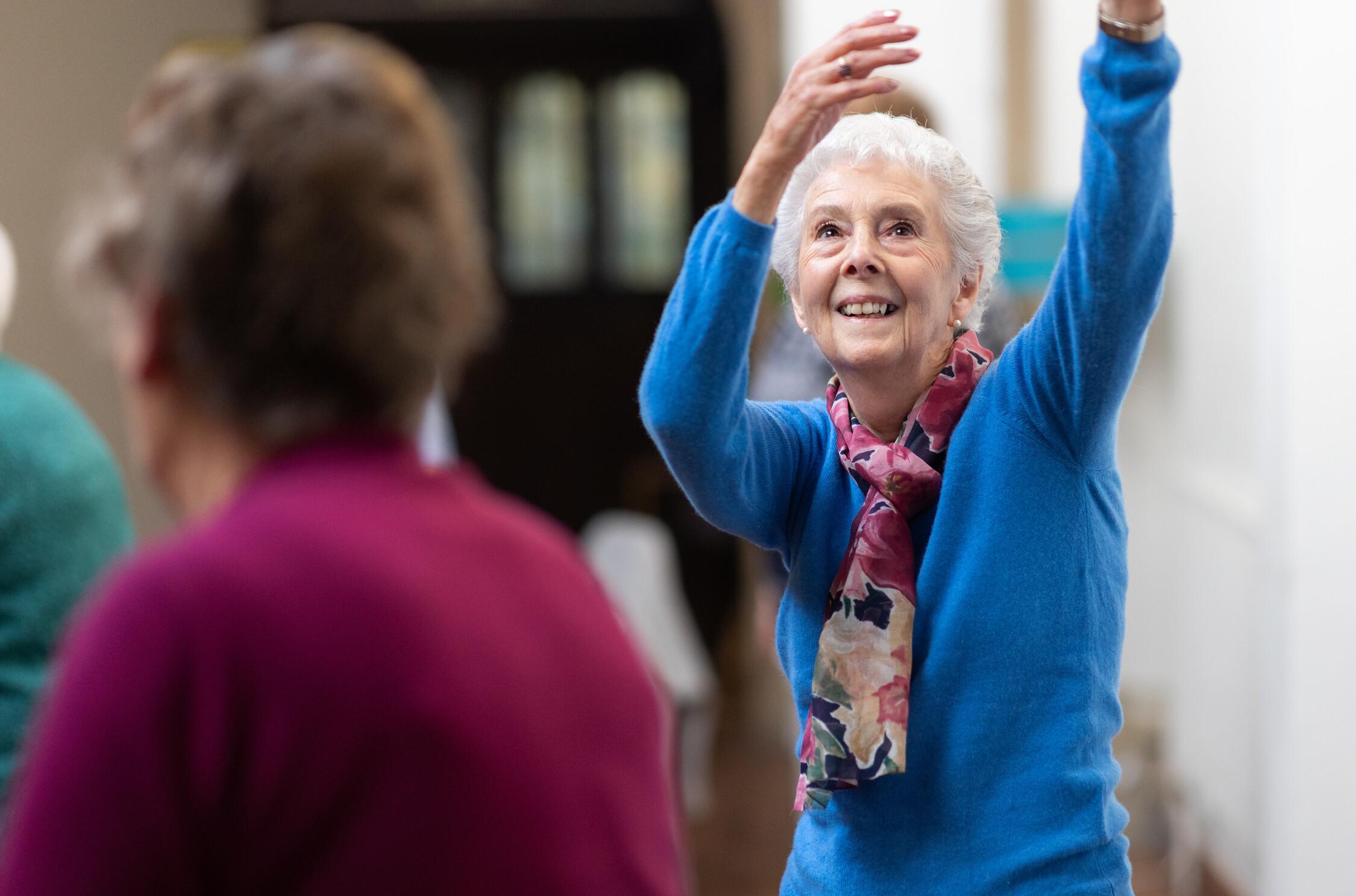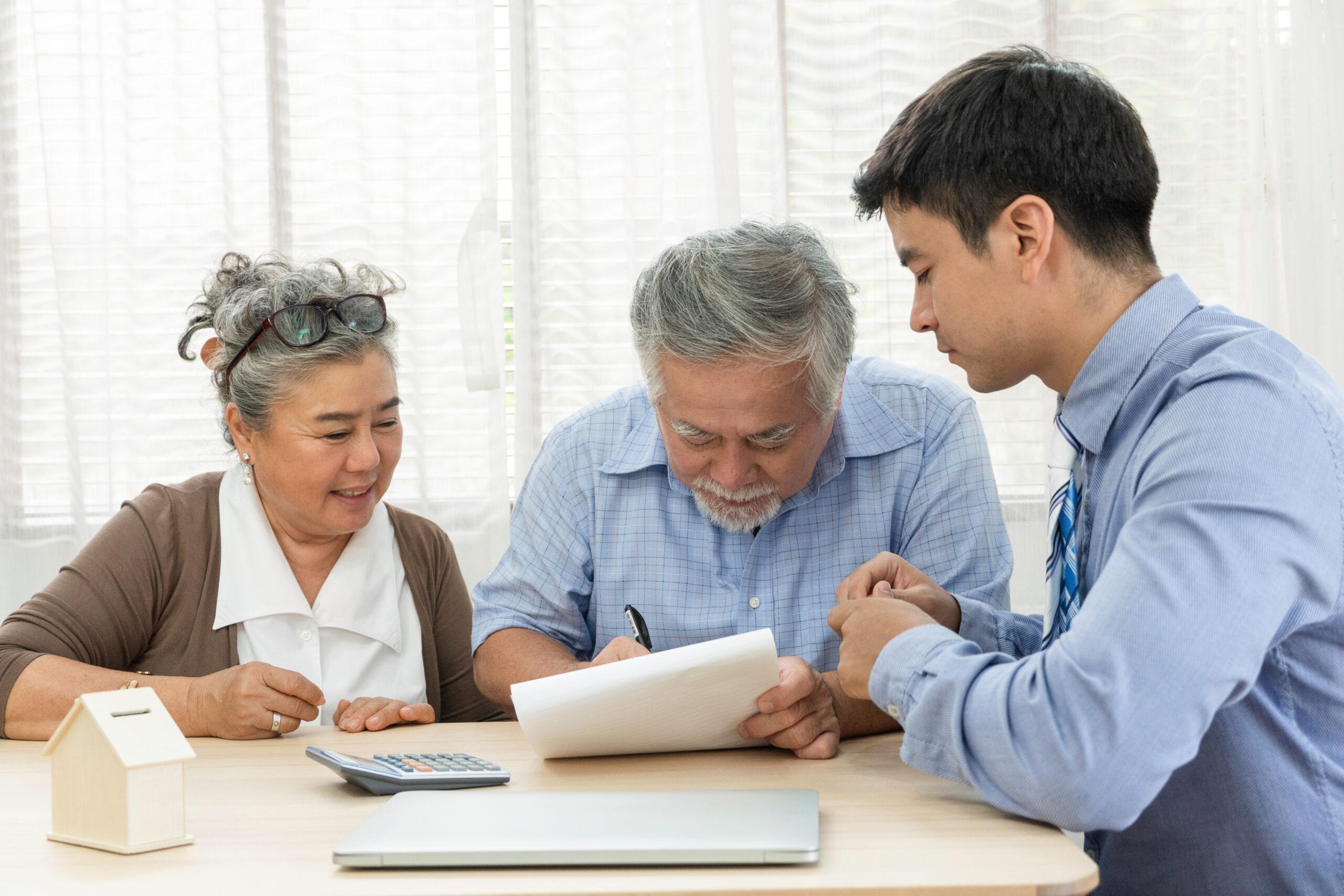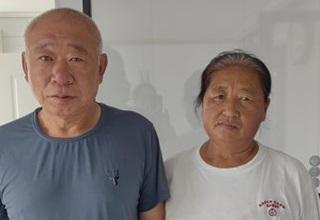Carers share important advice to help face dementia
As part of National Carers Week we’re sharing carers’ advice about facing dementia.

National Carers Week (13 – 19 October 2024) is dedicated to honouring and appreciating an estimated three million Australians who care for a family member or friend. Many people may not even realise they are carers, as they view their role simply as a child, parent, partner, friend, or relative helping someone in need.
People can first take on a caring role when they notice something is out of the ordinary with someone close to them. The change they notice might be physical, cognitive or emotional and may occur quickly or over a longer period of time.
The Checklist of dementia symptoms and changes can help to determine if changes that are occurring may be signs of dementia. If you notice changes, use the checklist, and the How to pages of the Face Dementia website to start a conversation and ask a GP. Dementia Australia also has resources for both families and carers on their website.
As part of the Face Dementia project, carers and people diagnosed with dementia shared their stories in written and digital format. Carers provided important advice for others who may have noticed signs or symptoms of dementia in someone they care about which we have summarised below:
James’s advice on taking action
There might be a host of reasons, anxieties and fears that prevent you from taking action and seeking help for the symptoms and concerns you or a loved one is experiencing. But you have to talk about the things that concern you. Talk to your partner or loved one about whether they’ve experienced changes in themselves which made them worried or unsure. And urge them to discuss these matters with a health professional.
My advice would be to take early action and don’t dismiss changes or abnormalities but seek plausible explanations. This may mean getting involved yourself and accompanying your partner or loved one to his/her GP appointment.
Read James and Linda’s story.
Tracey’s advice on starting the conversation with your parents
…what’s important is to have conversations early. Conversations about care and support, conversations about what they want for the future. Conversations about legal and financial planning and where they want to live. You need to be prepared to advocate for your parents.
Having a conversation with your parents may seem hard, or even disrespectful or inappropriate. But I now know, it’s a lot harder not having a conversation and flying blind, guessing and potentially making some irreversible mistakes, resulting in regrets and self-doubt.
Read Tracey’s story.
Janice’s advice on getting a diagnosis
For others going down this road, it is important to know that a diagnosis of dementia is not the end of the world. Even though things may and will change, you can live with dementia and still have a productive life.
Read Janice and Bernie’s story.
Teresa’s advice for straight after the diagnosis
My advice for others on a similar path is to seek out whatever advice and assistance you can. Dementia Australia’s helpline offers excellent support for navigating the early stages of diagnosis, whilst websites like Dementia Australia and Forward with Dementia offer fantastic written information about a reablement approach and additional support.
Read Teresa’s story.
The Face Dementia team would like to thank the carers and people diagnosed with dementia who shared their stories as part of the project. You can view the full stories on the Face Dementia website or YouTube channel.


